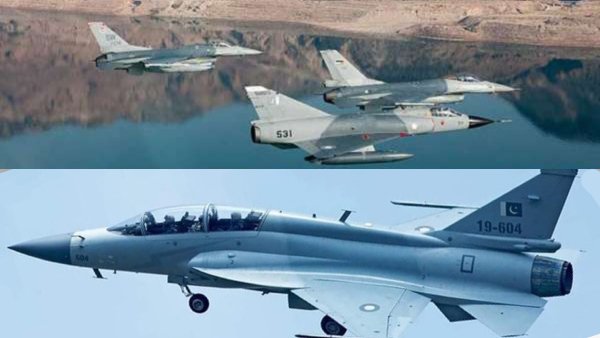Iran and Pakistan have been a striking each other’s area amidst the emergency in the Center East. The two nations share an unstable line, extending around 900 kilometers (560 miles), with Pakistan’s Balochistan region on one side and Iran’s Sistan and Baluchestan territory on the other. The two countries have long battled aggressors in the anxious Baloch locale along the line. Dangerous conflicts along the tempestuous boundary have happened consistently throughout the long term. However, the willingness of either side to strike targets across those borders without first informing the other is extremely unusual. This is the very thing you really want to be aware:
Foundation
The initial salvo in this quick grouping of occasions started when Iran directed strikes as per Pakistani specialists. After attacking Iranian security forces, Iran claimed it had “only targeted Iranian militants,” who had fled to Pakistan. Pakistan, nonetheless, guaranteed that the strikes had a hit its area, killing regular folks. After two days, Pakistan directed airstrikes in southeastern Iran, focusing on what it said were aggressors answerable for assaults on Pakistani security powers. Iran, thus, blamed Pakistan for disregarding its regional respectability.
What is behind the assaults?
Iran and Pakistan have a long history of workmanlike relations, and struggle isn’t to their greatest advantage. The Pakistani military is driven by viable officers who know their cutoff points. Notwithstanding, the two nations have been confronting rebel developments and psychological oppressor bunches in their separate regions. Iran has been putting pressure on Islamabad for years to do something about the militants that are near its border 5 The Baloch dissident development, which has been dynamic in Pakistan for a really long time, has likewise been dynamic in Iran. Iran has accused Pakistan of harboring the Baloch separatists, who have been attacking Iranian security forces. Pakistan, then again, has been battling against the Baloch separatists in its own domain and has blamed Iran for holding onto aggressors who have been going after Pakistani security powers.
Might the contention at some point heighten?
The worldwide local area has restricted choices to lessen strains, albeit the US is almost certainly encouraging limitation. Sadly, US impact with Islamabad has faded as a result of the US choice to keep Pakistan, and especially the Pakistani armed force, at a careful distance. Furthermore, the contention is going on against the background of Israel’s barrage of Gaza, which has prompted a more extensive struggle in the Center East. Iran’s partners and intermediaries in the Center East – the supposed hub of opposition – have sent off assaults on Israeli powers. Iran has likewise been sloping up uranium creation as it speeds up its atomic weapons desires. In light of this, Iran and Pakistan’s conflict might get worse, spreading to other parts of the region.
Conclusion
Iran and Pakistan have been a striking each other’s area amidst the emergency in the Center East. The two nations share an unpredictable boundary, and the two countries have long battled aggressors in the fretful Baloch district along the line. The bombardment of Gaza by Israel, which has sparked a wider conflict in the Middle East, is taking place in the background of the conflict. The global local area has restricted choices to decrease pressures, albeit the US is almost certainly encouraging limitation. Sadly, US impact with Islamabad has wound down due to the US choice to keep Pakistan, and especially the Pakistani armed force, at a manageable distance. The contention among Iran and Pakistan could raise, prompting a more extensive struggle in the district.



